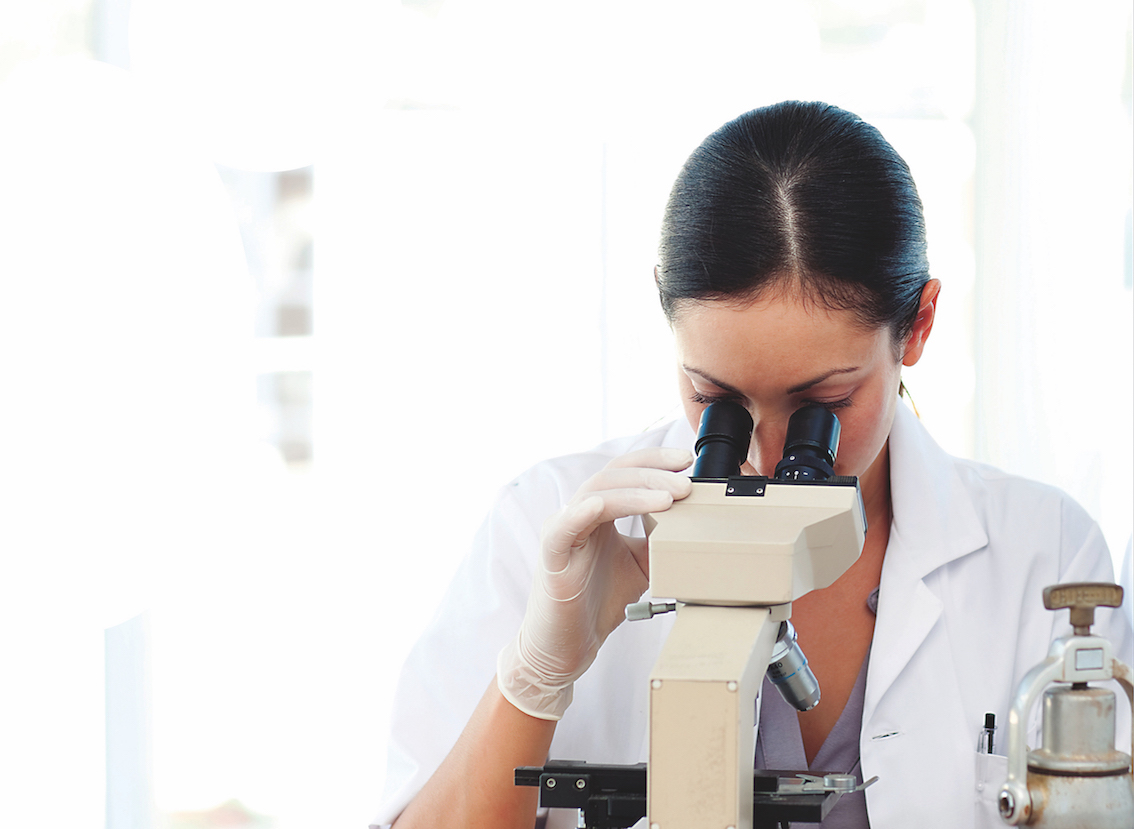IISc links hydrogen sulphide gas suppression with HIV infection
December 09, 2021 | Thursday | News
The researchers studied the effects of natural generation of H2S in HIV-infected cells as well as supplementing this with a chemical donor
image credit- shutterstock
Researchers at the Indian Institute of Science (IISc), Bengaluru and their collaborators have identified a key role played by hydrogen sulphide (H2S) gas in suppressing the Human Immunodeficiency Virus (HIV).
Increased H2S was found to have a direct effect on reducing the rate at which the virus multiplies in HIV-infected human immune cells. The finding paves the way for developing a more comprehensive antiretroviral therapy against HIV.
The team included researchers from the Department of Microbiology and Cell Biology (MCB) and the Centre for Infectious Disease Research (CIDR) at IISc, along with collaborators from the Bangalore Medical College and Research Institute.
Current state-of-the-art combined antiretroviral therapy (cART) is not a cure for HIV. It can only suppress the virus, cause it to become latent.
“This opens the door to supplementing cART with chemical donors of H2S to lock HIV in a state of deep latency, potentially improving the lives of millions infected with the virus. Since H2S donors are already undergoing clinical trials for other diseases, they can quickly be repurposed for HIV treatment”, said the researchers.










